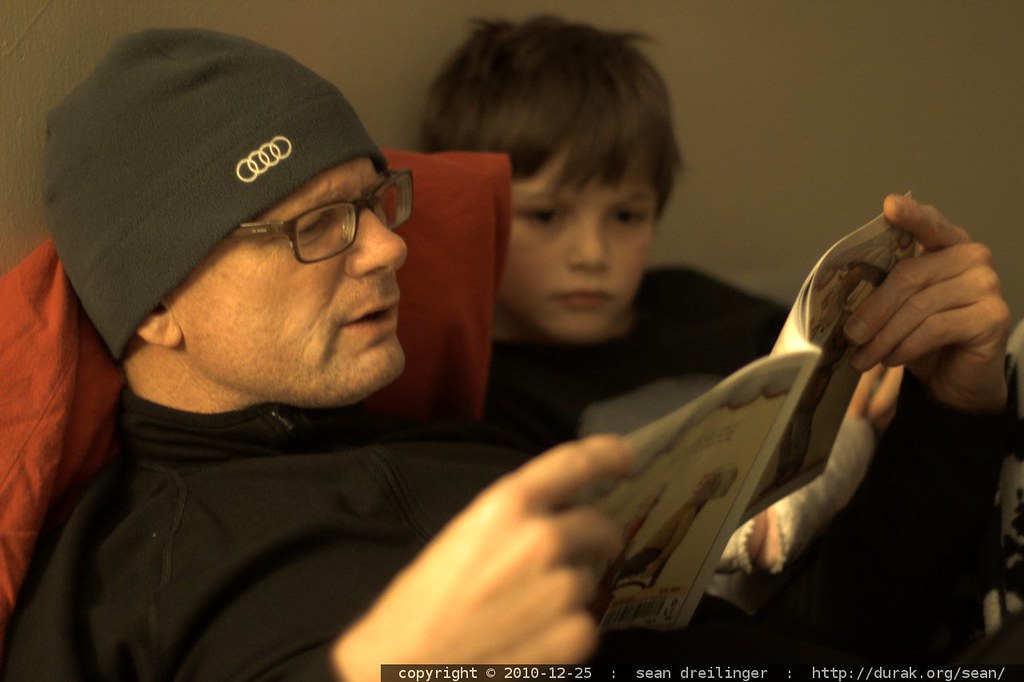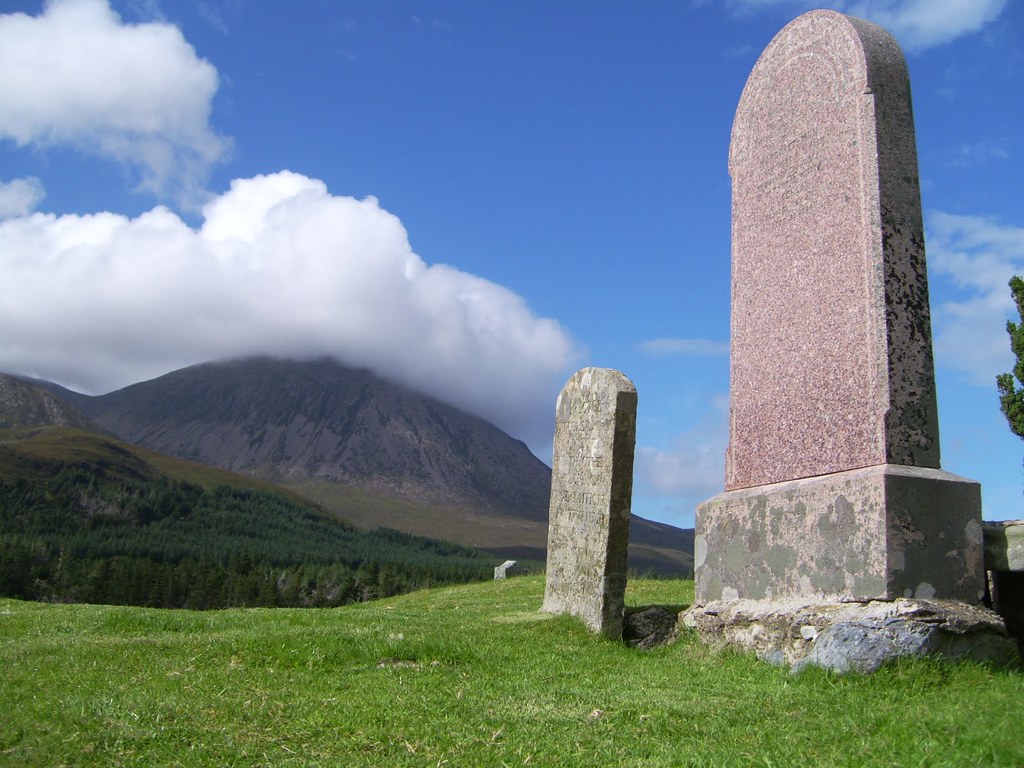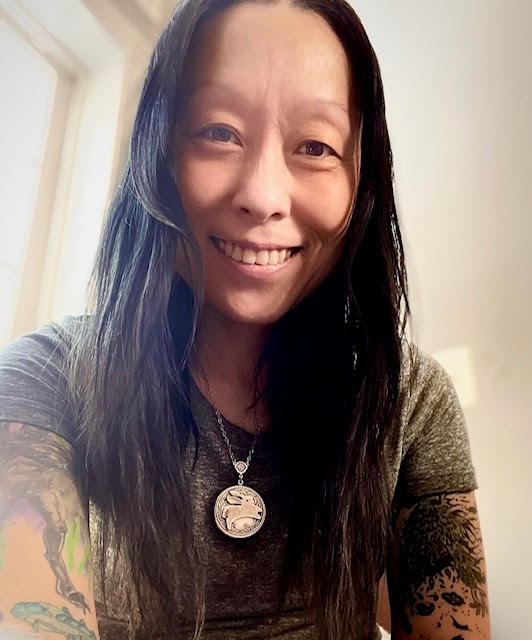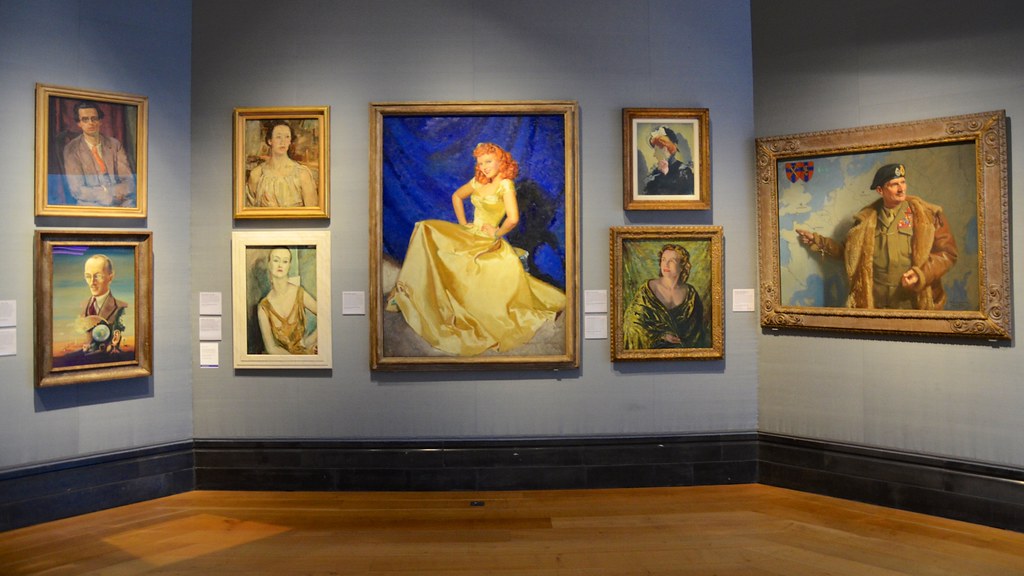
Read me a bedtime poem, said my son.
So I read him this:
We say hippopotami
But not rhinoceri
A strange dichotomy
In nature’s glossary.
But we do say rhinoceri, he said. Look it up.
So I read him this:
Life is unfair
For most of us, therefore
Let’s have a fanfare
For those that it’s fair for.
I smell a slant rhyme, he said, sniffing.
So I read him this:
While trying to grapple
With gravity, Newton
Was helped by an apple
He didn’t compute on.
My teacher says that’s not poetry, he said.
So I read him this:
René Descartes, he thought
And therefore knew he was.
And since he was, he sought
To make us think. He does.
That made me think, he said. But not feel.
So I read him this:
My hair has a wonderful sheen.
My toenails, clipped, have regality.
It’s just all those things in between
That give me a sense of mortality.
Did the earth move? I asked. Anything?
Nothing moved. He was asleep.
*****
Edmund Conti writes: “This is one of my favorites today. Tomorrow I might have different ones. I like it because it makes me nostalgic for an event that never happened. (My persona has a better life than me.) It came about after I sent the following quatrain to John Mella of Light Magazine (with appropriate punning title, of course).
We say hippopotami
But not rhinoceri
A strange dichotomy
In nature’s glossary.
John liked it and accepted it. I few weeks later he wrote and said he couldn’t use. Talking to a fellow editor, he learned there is such a plural as ‘rhinoceri.’ But now I was in love with my little piece and wanted to salvage it. But how? All I could think of was to take advantage of the poem’s failing. I came up with the idea of showing several possibly flawed quatrains to my son and having him disparage each one. And lo, the poem! I have 2 sons and when either one questions the reality, I just say it was the other one.”
Edmund Conti has many reasons for wanting his poems published—Power! Fame! Money!—but not (as you can see) as a venue for his bio notes.
Edmund Conti has recent poems published in Light, Lighten-Up Online, The Lyric, The Asses of Parnassus, newversenews, Verse-Virtual and Open Arts Forum. His book of poems, Just So You Know, is published by Kelsay Books,
https://www.amazon.com/Just-You-Know-Edmund-Conti/dp/1947465899/
and was followed by That Shakespeherian Rag, also from Kelsay
https://kelsaybooks.com/products/that-shakespeherian-rag
Photo: “grandpa reading nick a bedtime story – MG 6291.JPG” by sean dreilinger is licensed under CC BY-NC-SA 2.0.







